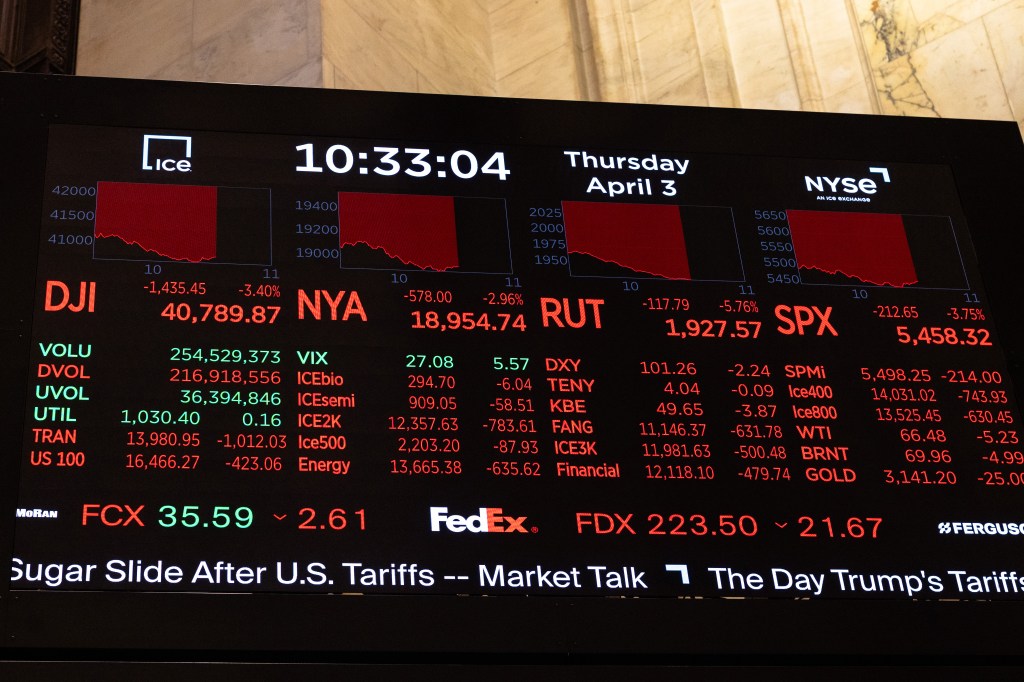The Commodity Futures Trading Commission (CFTC) has announced that the US District Court for the Northern District of Illinois has entered into a consent order imposing permanent injunctive relief, civil monetary penalties and disgorgement against Chicago-based commodity pool operators (CPOs) LJM Partneres Ltd and LJM Management Ltd, plus two executives
Register for free to keep reading
To continue reading this article and unlock full access to GRIP, register now. You’ll enjoy free access to all content until our subscription service launches in early 2026.
- Unlimited access to industry insights
- Stay on top of key rules and regulatory changes with our Rules Navigator
- Ad-free experience with no distractions
- Regular podcasts from trusted external experts
- Fresh compliance and regulatory content every day













